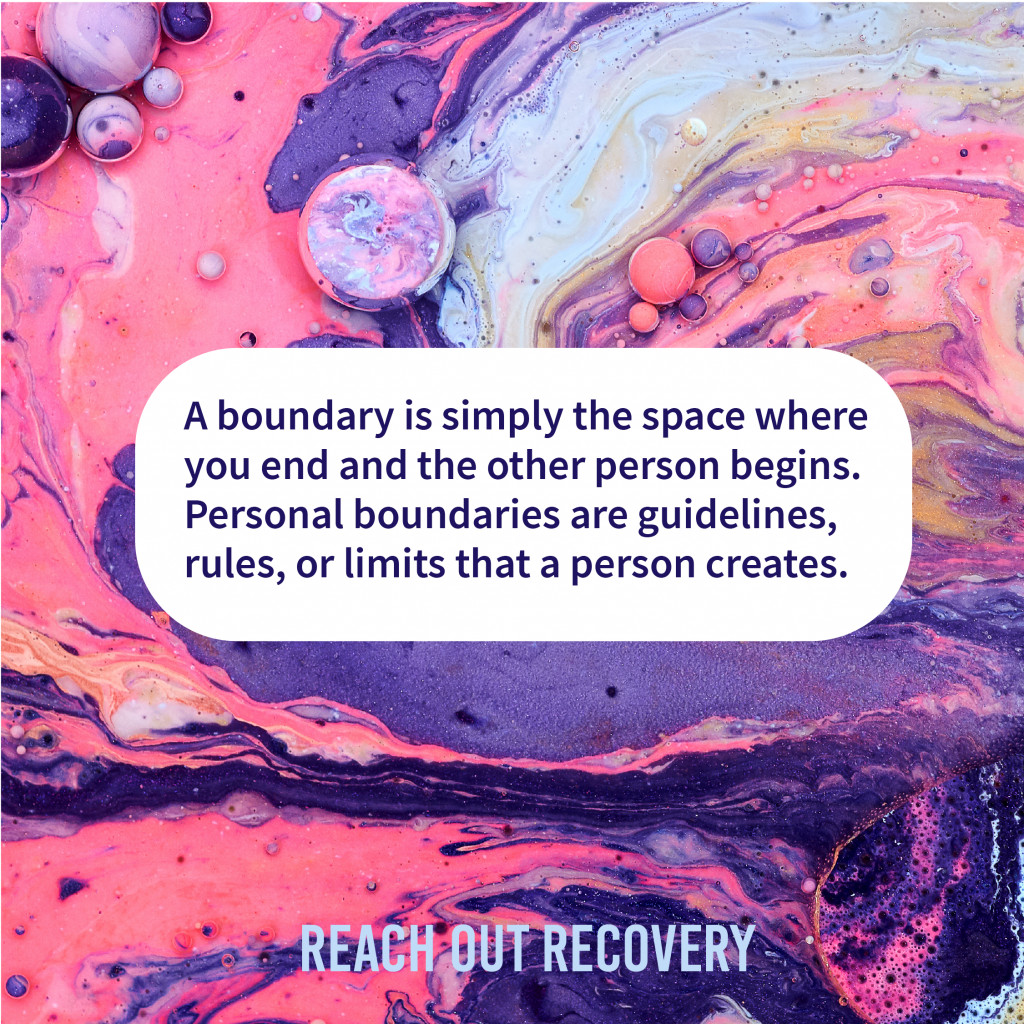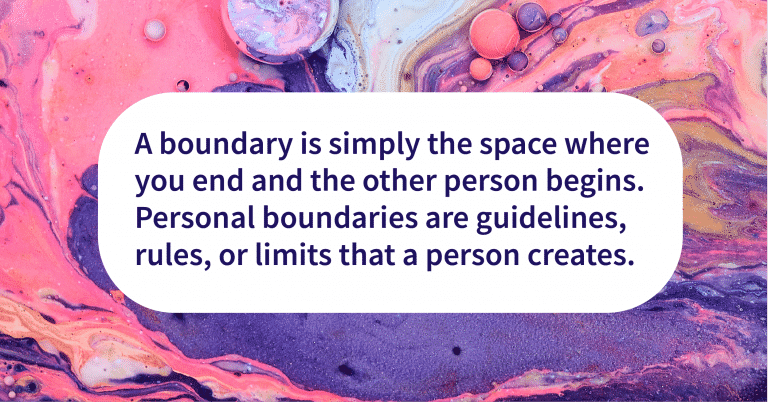
Healthy boundaries help you know who you are and what you want. Is that a surprising idea? Why do we need boundaries, anyway? Those who feel secure and have healthy self-esteem know what they want and can communicate without fear of being battered for speaking up. Healthy self-esteem and healthy family relationships have taught secure people how to get what they want. Secure people are less vulnerable to manipulators who want to control them. People with healthy self-esteem know who they are. They have boundaries for what they will, and will not do. This is being balanced. Lucky them.
Who needs help
Many of us are empaths or people pleasers. We may be taught that our needs are not important. Often that is the case with daughters, but it also happens to boys in families with substance or alcohol disorders. People-pleasing is not a character disorder or anything to be ashamed of. On the positive and healthy side, we simply care and feel deeply for other people, especially those we love. Caring and having empathy are good qualities. People pleasers are nice.
On a less healthy side, however, we can’t help putting the needs and wants of others ahead of our own, all the time. We want our loved ones to be happy so we try to make everything perfect for them. Wanting others to be happy can prevent us from having the boundaries we need to take care of ourselves. We simply can’t speak up and get what we want, and then we stop even knowing what we want or who we really are.
In families where there is substance or alcohol use disorder, a desire to help those who are struggling or have problems makes us vulnerable to manipulation and can end up turning us into enablers. Enabling is unhealthy for everyone. Enabling develops into dysfunctional relationships that need work to manage and overcome.
Healthy boundaries help you manage selfish people
When you are surrounded by selfish, or narcissistic people, you are forced to do things their way or risk fights, sulking, and downright abuse. Here’s an example. After a few years of living with a narcissist who needed to be in control of everything, I couldn’t choose a restaurant, go to a movie, or eat my favorite foods. I lost all my friends. My narcissist would beat me up emotionally whenever I tried to do anything on my own. After a while of never getting what I wanted or needed, I gave up trying to be myself. 100 Tips For Growing Up is an easy way to rediscover yourself through simple tips and journaling. See inside the book.





















